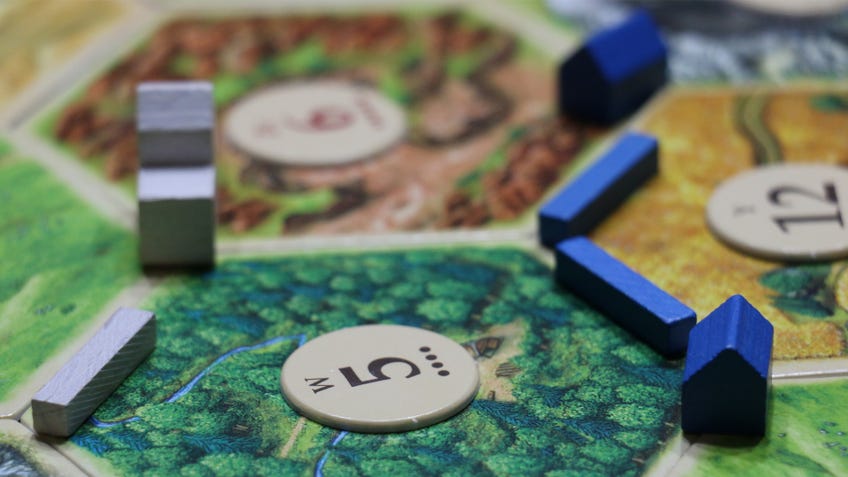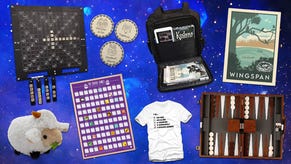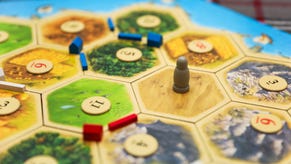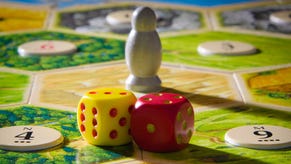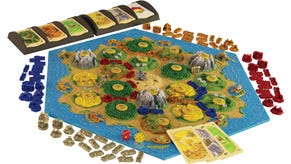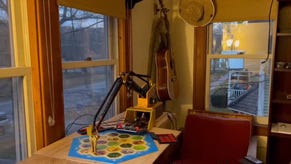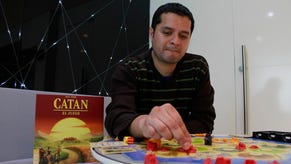25 years after it changed board gaming, Catan is a terrible introduction to the hobby
It’s time to settle this.
The first time I played Catan – known as Settlers of Catan back then – it barely left an impression. This was during a time in which hobby board games were still new to me, meaning that playing Catan, with its strong theming and resource-management gameplay, should have been an exciting experience. However, it quickly faded from memory when I was able to play tabletop titles like Pandemic and Betrayal at House on the Hill.
When I returned to it several years later, it was by obligation more than anything else. A group of friends were into Catan at the time and asked me if I wanted to join in. The chance to spend time with a social group was enough to persuade me to play, but the experience did nothing to sway my opinion on the game. If anything, it made it even worse. Coming back to Catan is like having to eat a bowl of plain porridge; it might serve the purpose but consuming it is bland and tiresome.
Having only been a year old when the board game was first published in 1995, I didn't experience what it was like to play Catan on release. Considering that modern board games were not nearly as popular as they are now, I can imagine that Catan felt fresh for the time. The game rejected many of the complicated gameplay systems that prevented titles released around the same time, such as Twilight Imperium and Tigris & Euphrates, from breaking into the mainstream, but provided more substance than the shallow games like Dream Phone and Go for Broke that were intended for larger audiences.
Catan is now over 25 years old – and, boy, does it show. Unlike those more complicated games that I mentioned, which have evolved over the years with new editions and remakes, besides a change in name Catan largely remains the same game it always was. Catan’s simplicity is no longer one of its strengths, it’s actually a huge weakness that exposes how little there is for players to do in the game - and no amount of expansions is going to paper over those exposed edges. The concept of Catan might be grand – as a board game about building an entire civilisation on a newly-settled island – but its execution is absolutely underwhelming, alongside being decidedly problematic in light of the recent re-contextualization of colonist narratives.
Once you’ve played it the first couple of times, you’ve pretty much seen everything.
On a player’s turn, they roll a pair of dice to decide who gets what resources before spending any resources they have to construct roads, settlements and cities, or to purchase development cards. Easily the most exciting part of playing Catan is bartering with other players in the hopes of getting the resources you don’t have access to. In theory, the bartering aspect of Catan is seriously clever, forcing players to interact with one another by gating-off access to certain resources, helping avoid the age-old problem of people sitting in their own corners, not interacting.
However, players can simply decline any trade offer they don’t want, leaving other players who don’t have any way of accessing a resource floundering in the water. Too many ‘beginner’ board games make the mistake of leaving potholes for players to fall into and have almost no way of getting out of – Monopoly has exactly the same problem – which doesn’t provide a fun or welcome experience at all. Of course, players can always attempt to build a settlement at one of the map’s ports, allowing them to trade a resource they do have for one they don’t. But depending on where players have situated themselves on the map, there might be no feasible way for them to ever reach any of those ports.
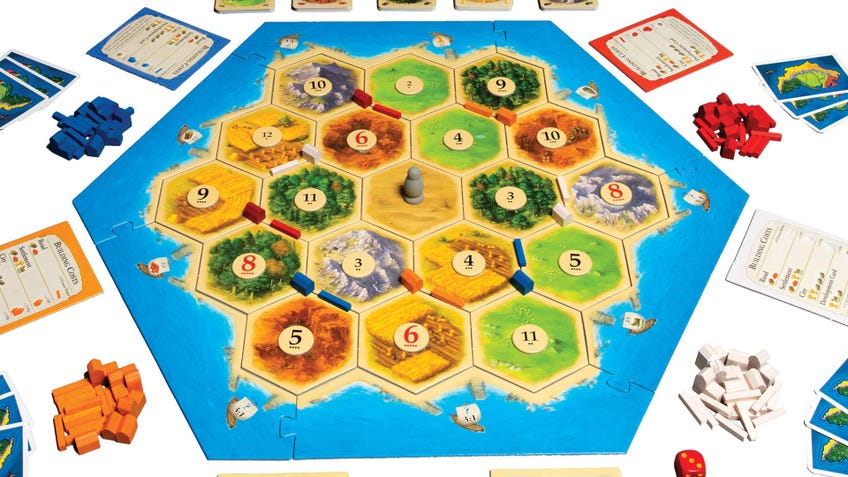
This inevitably leads to at least one player feeling like they have absolutely nothing to do except to hope an opponent takes pity on them or to simply wait it out. Catan isn’t even a short game, with playthroughs featuring four players – or sometimes even more if expansions are involved – going on for hours. Which makes for a miserable experience.
Beginner board games should offer players a taste of what heavier games could entail.
I’m all for board games that punish players for making mistakes – it's one of the main appeals of titles like Terraforming Mars – even when they do have a longer playtime, but those titles are deep enough to make the experience of replaying them feel like a learning process. When it comes to heavy board games it’s not necessarily about winning, it’s about getting better. But the gameplay mechanics of Catan are far too simple for it to be a game you’d want to replay on a semi-regular basis. Once you’ve played it the first couple of times, you’ve pretty much seen everything the core experience has to offer.
Which is why it makes no sense for Catan to enable these unwinnable situations. The randomness of the game makes it far too easy for players to suddenly find themselves out of the running, left to watch everyone else play the game around them. Beginner board games should offer players a taste of what heavier games could entail, whilst largely providing a fun and fast-moving experience that gives out little rewards for even the smallest achievements. Rather than dragging Catan out of the cupboard whenever new players are coming over, try introducing them to titles such as Azul, Machi Koro, King of Tokyo or Camel Up: Second Edition instead. They’re all a lot more welcoming than dusty old Catan.
